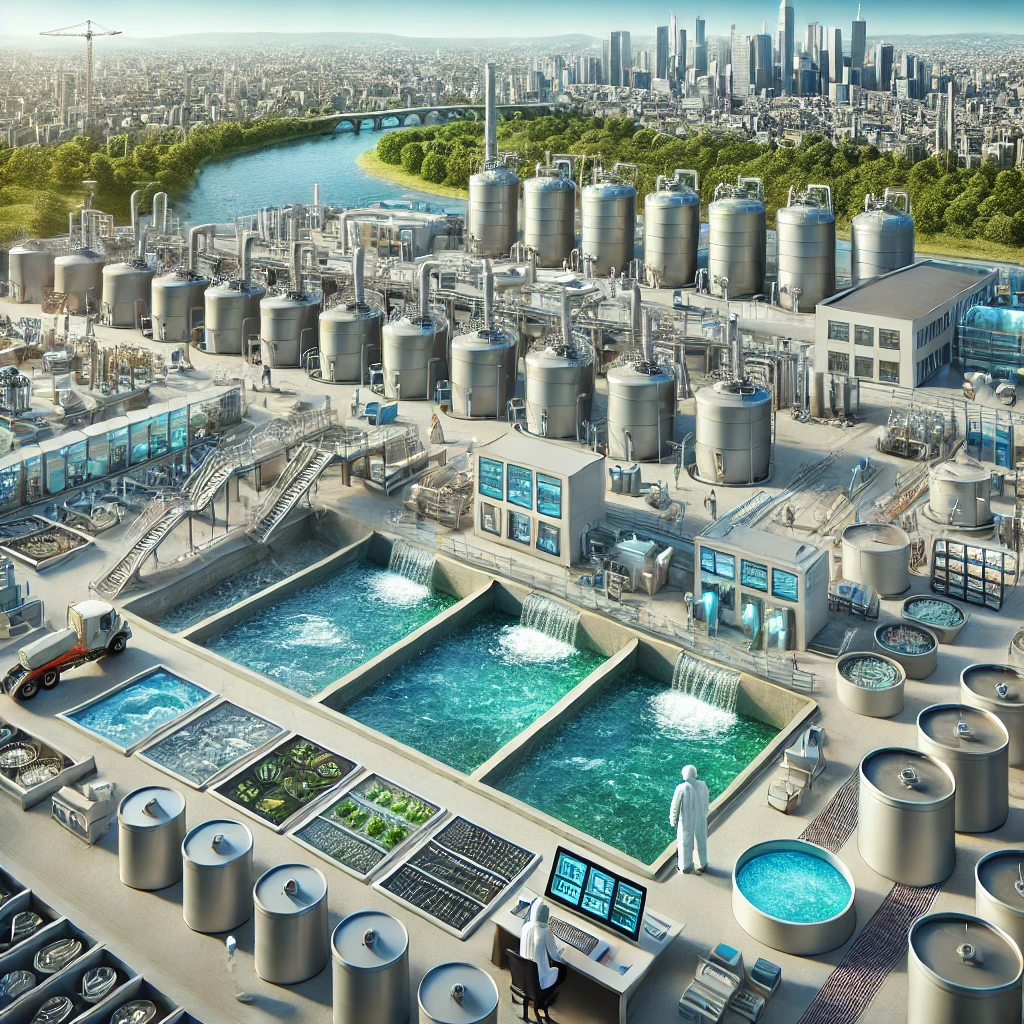R7 Billion Emfuleni Sanitation Overhaul Underway to Solve Sanitation Crisis
The intervention is made possible under Section 63 of the Water Services Act, a legislative measure that permits the national government to take over water service delivery functions from failing municipalities.

- Country:
- South Africa
In a decisive move to address the dire water and sanitation conditions in Emfuleni, south of Johannesburg, the Department of Water and Sanitation (DWS) has committed over R7 billion over the next seven years. This substantial investment aims to overhaul wastewater treatment infrastructure, a critical step in reversing years of service delivery failures in the region.
The intervention is made possible under Section 63 of the Water Services Act, a legislative measure that permits the national government to take over water service delivery functions from failing municipalities. This has been enacted due to Emfuleni Local Municipality’s inability to maintain and operate key sanitation infrastructure, resulting in frequent sewer spills and deteriorating living conditions for residents.
Minister in the Presidency Khumbudzo Ntshavheni, during a post-Cabinet media briefing in Pretoria, emphasized that tangible progress is already being recorded.
“Substantial progress has been made to date, including unblocking of blocked sewer lines, replacement of collapsed sewer pipelines, refurbishment of pumpstations, and assisting the municipality with vehicles, trucks, TLBs [tractor loader backhoes], and security for its water and sanitation infrastructure,” she said.
This multi-billion rand initiative has already led to a notable reduction in sewer spillage across several communities in Emfuleni. Effluent quality from wastewater treatment works has also improved, indicating that the initial phases of intervention are bearing fruit.
A Seven-Year Commitment to Infrastructure and Community Health
The commitment over the next seven years includes not only repairing and replacing damaged infrastructure but also long-term strategic improvements to prevent the recurrence of such crises. The DWS will partner with various entities to ensure proper project execution, maintenance training, and technological upgrades to improve efficiency and reliability.
Civil society groups and local stakeholders have welcomed the move, calling it a much-needed lifeline for residents long plagued by frequent sanitation breakdowns, environmental hazards, and associated health risks.
Clean Water for Hammanskraal: A Modular Solution in Progress
In parallel, the Cabinet was also updated on the continuing efforts to provide clean drinking water to the people of Hammanskraal, a community north of Pretoria that has similarly endured prolonged water shortages and contamination issues.
As part of its emergency response, the DWS appointed Magalies Water in 2023 to construct a modular Package Plant designed to treat and supply potable water to the affected area. This plant, divided into four modular phases, aims to bring phased but immediate relief.
The first module was completed in November 2024 and has begun supplying water to parts of Hammanskraal. The remaining three modules are under construction, with full project completion targeted by August 2025. Some modules may become operational before this date, depending on progress.
Ntshavheni reiterated the government’s commitment to ensuring all South Africans have access to safe and clean drinking water, stressing that Hammanskraal remains a priority.
National Response Reflects Urgent Need for Systemic Reforms
These interventions form part of a broader effort by the South African government to respond more assertively where municipal governance and service delivery have faltered. While the financial investment is significant, officials acknowledge that effective oversight, community engagement, and skilled personnel are essential to sustaining these improvements.
The renewed focus on water and sanitation infrastructure reflects not only a drive to restore public health and dignity but also a broader recognition of water access as a fundamental human right.










